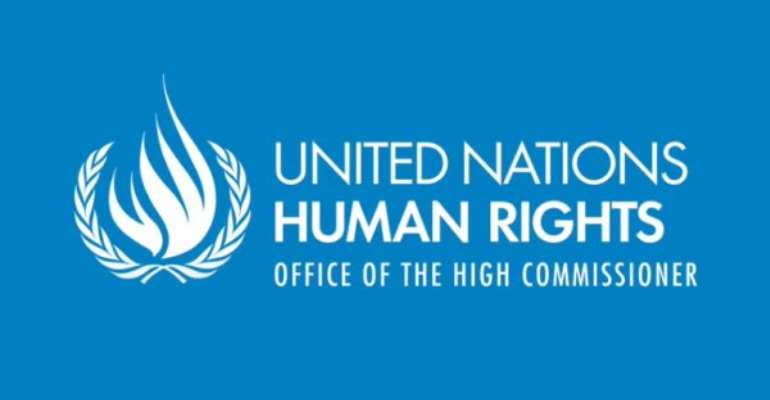UN alarmed over killings in Masisi territory in DR Congo

GENEVA, Switzerland, August 29, 2012/African Press Organization (APO)/ -- The UN Special Representative of the Secretary-General for the DRC, Roger Meece, expressed deep concern today over reports of further massacres of civilians in Masisi territory, North Kivu at the beginning of August - the latest in a series of violent attacks by armed groups systematically targeting the civilian population.
“The deterioration of the overall security situation in North Kivu following the M23 mutiny and related ruthless attacks against civilians is extremely alarming,” said Special Representative for the Secretary-General (SRSG) Meece.
Through four missions to the remote affected area and dozens of interviews with victims and witnesses, the UN Joint Human Rights Office in DRC (UNJHRO)* has documented since May more than 45 attacks on some 30 villages and towns in the Ufamandu I and II areas in Masisi territory. Some of the attacks have been carried out by the armed group Raïa Mutomboki and others by the Democratic Forces for the Liberation of Rwanda (FDLR), at times in coalition with the armed group Nyatura. This has resulted in serious human rights violations including civilian massacres and the destruction and looting of homes and property, as well as the mass displacement of thousands of civilians.
“Allegations of hundreds of killings are still being verified,” said the UN High Commissioner for Human Rights, Navi Pillay. “However, the preliminary findings suggest that a significant number of people – most of them women and children – were slaughtered. The sheer viciousness of these murders is beyond comprehension. In some cases, the attacks against civilians may constitute crimes against humanity.”
The attacks on villages by Raïa Mutomboki and FDLR occur in the context of an increase in security vacuums exacerbated by army desertions in April, the subsequent creation of the M23 armed group and the redeployment of Congolese Army (FARDC) units to contain it. Many armed groups have also taken advantage of this situation to expand their own area of influence, often carrying out brutal attacks against civilians in the process.
Proclaiming to protect local populations against the predominantly Hutu FDLR, the Raïa Mutomboki are targeting civilians of Hutu ethnicity whom they consider to be foreigners and allies of the FDLR. In turn, the FDLR retaliate against civilian populations they believe to be associated with the Raïa Mutomboki.
Taking stock of this situation, the High Commissioner called on all armed groups to immediately cease attacks against civilians and noted the possible consequences for those responsible for such attacks, referring to the recent sentencing by the International Criminal Court of former rebel leader Thomas Lubanga. SRSG Meece in turn noted with grave concern that the M23 mutiny had required MONUSCO (the UN Stabilization Mission in the DRC) and FARDC (Forces armées de la République Démocratique du Congo) to divert resources away from some areas, while underscoring MONUSCO's recent civilian protection activity in localities most affected by Raïa Mutomboki and FDLR. In addition, the SRSG was encouraged by a recent commitment from the Congolese authorities to deploy troops to these areas and reiterated the priority the Mission accords to civilian protection.
